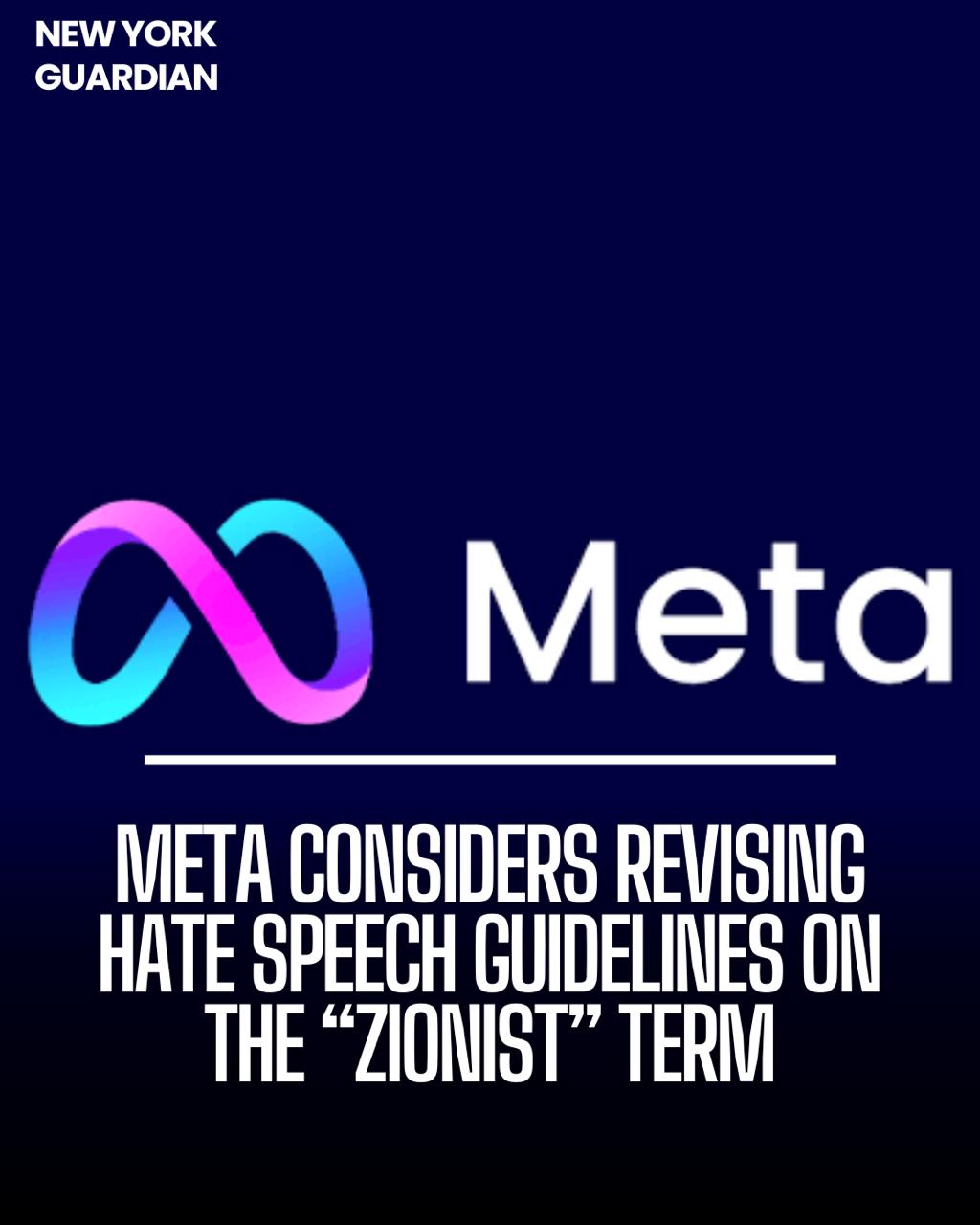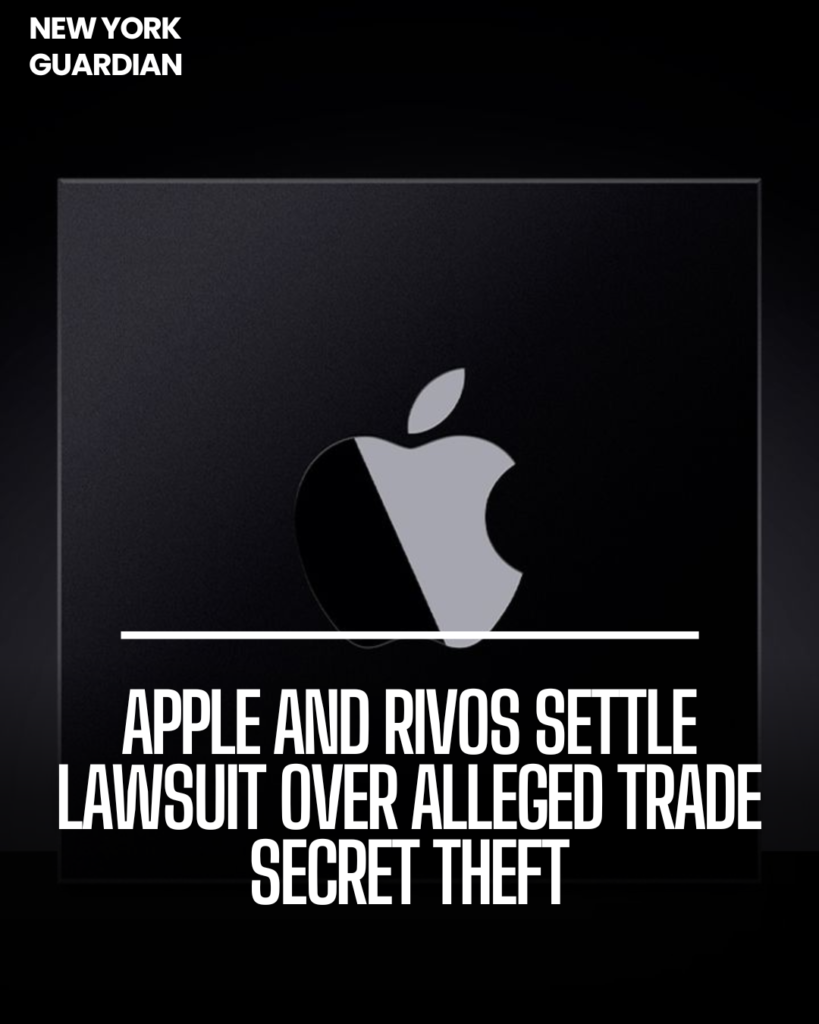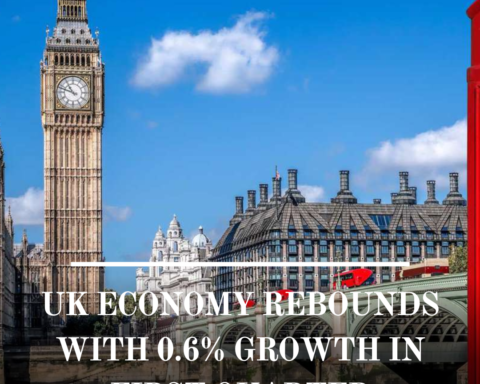Arab, Muslim, and pro-Palestinian communities expressed alarm about the firm’s guidelines on ‘Zionist’ in the discussions.
Introduction
Meta, the parent company of Facebook, is contemplating expanding and revisiting its hate speech policy regarding the term “Zionist.” This move comes after concerns were raised about the potential use of the term as a proxy for Jewish or Israeli individuals.
The company recently engaged with various Arab, Muslim, and pro-Palestinian organizations to discuss these plans and gather feedback.
Current Policy
The existing policy permits the use of “Zionist” in political discourse but prohibits its use as a substitute for Jews or Israelis in a dehumanizing or violent context.
However, Meta is considering reviewing this policy in response to recent reports and feedback from users and stakeholders.
Rationale for Review
Meta acknowledges that while “Zionist” primarily refers to a person’s ideology, it can also be used to reference Jewish or Israeli individuals.
Given the heightened polarization in public discourse, particularly regarding events in the Middle East, the company deems it necessary to reassess its guidance on posts containing the term “Zionist.”
Concerns and Feedback
Organizations involved in the discussions, including MPower Change, 7amleh, and Jewish Voice for Peace, expressed apprehension about the potential impact of this policy change on pro-Palestinian voices.
They highlighted existing reports indicating systematic censorship of Palestinian accounts on Meta-owned platforms.
Call for Clarity
Linda Sarsour, executive director of MPower Change, raised questions about the timing and implementation of the proposed policy revision. She emphasized the need for clarity on why Meta is revisiting the policy and how it intends to enforce it without stifling political expression.
Conclusion
Meta’s consideration of revising its hate speech policy surrounding the term “Zionist” reflects the company’s commitment to addressing concerns about the misuse of language in online discourse.
However, stakeholders seek transparency and assurance that any changes will not inadvertently suppress legitimate political expression.
As discussions continue, Meta faces the challenge of striking a balance between combating hate speech and safeguarding free speech on its platforms.






















